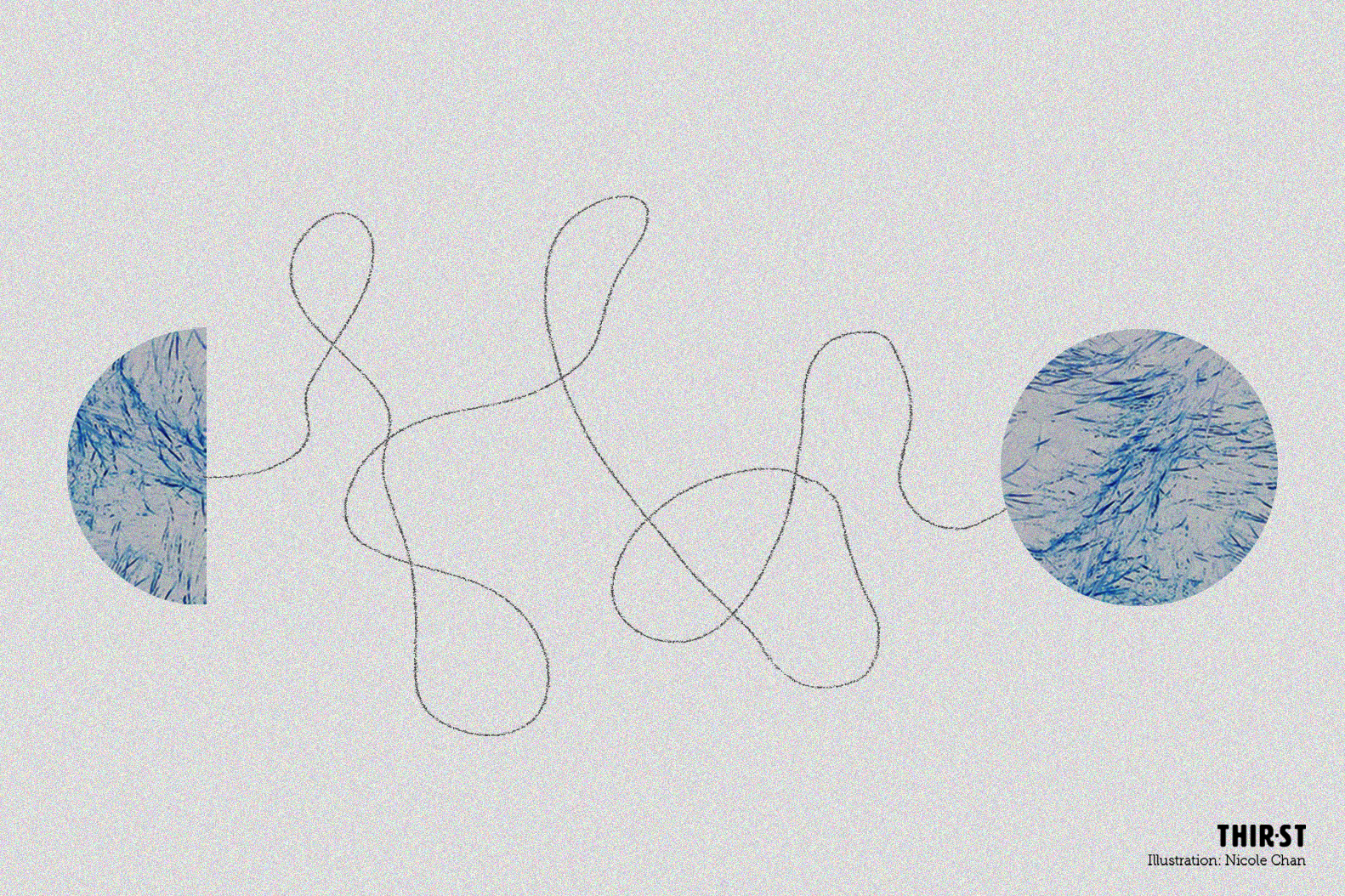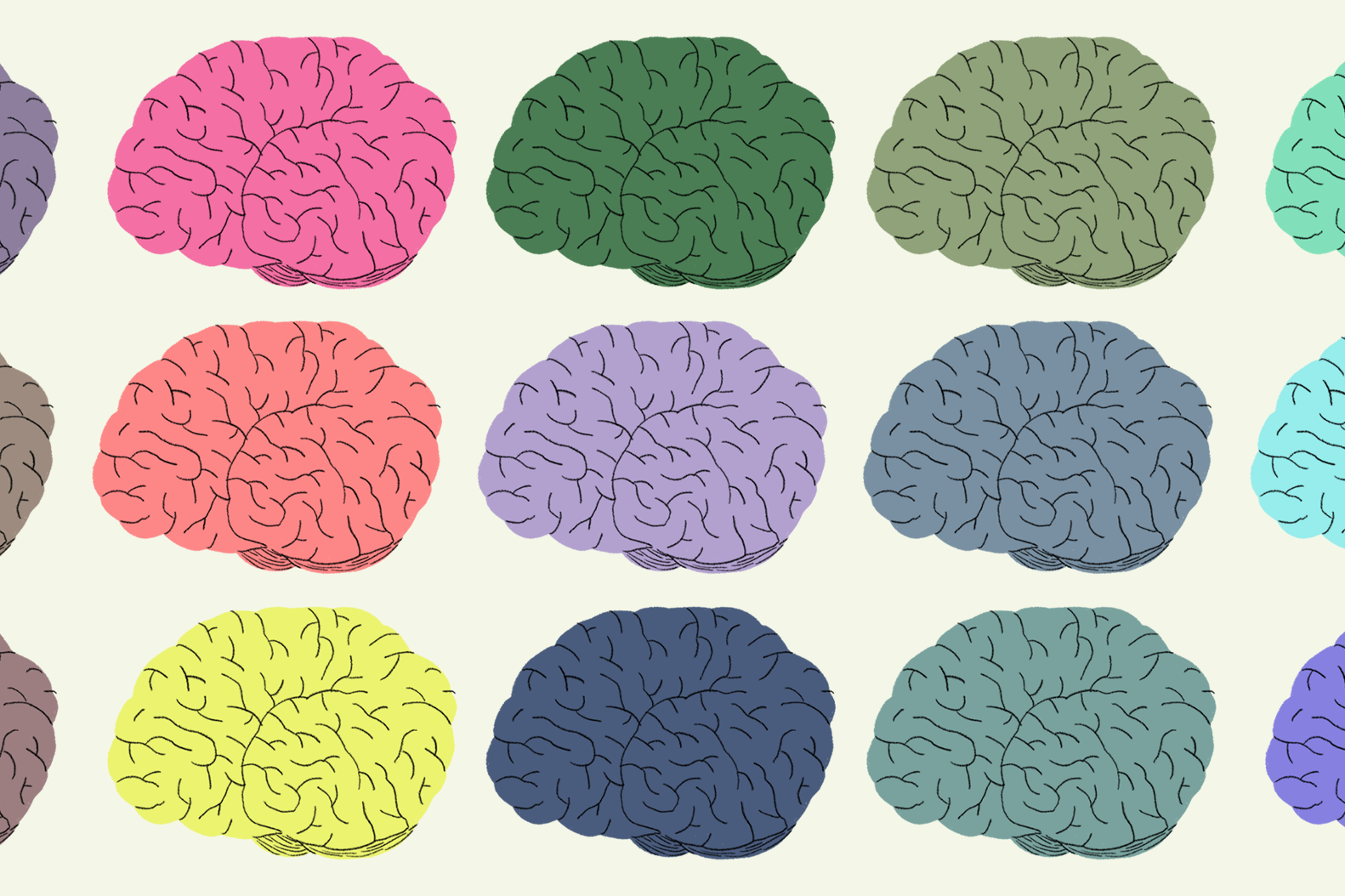*TRIGGER WARNING: THIS ARTICLE MENTIONS SELF-HARM AND SUICIDE*
Growing up, I was mostly just like any other child.
I had most of what I wanted and needed. I liked spending my free time watching shows and reading books.
But I was also different, and I had always felt different. I thought more deeply, and felt more deeply.
And I didn’t usually feel happy.
Nevertheless, things still went by smoothly enough. Until I turned sixteen — that was when I started spiralling into depression and anxiety.
LIVING UNDER A GREY CLOUD
You know the expression, “to see the world through rose-tinted glasses”?
Well, for me, I live under a persistent grey cloud. One that lightens on occasion, but also one that can easily turn into a nasty storm cloud that wreaks havoc.
It all started in 2014. I was under a lot of stress because of the looming O-Level examinations.
Suddenly, I could no longer do the things I used to do. If I even touched an exam paper (those practice papers) I would be filled with anxiety.
It got so bad that I couldn’t do anything. I would close up. If anybody talked to me, I couldn’t respond.
But I got through the exams, and things went by quite normally for a while.
In fact, for a time, it was like I wasn’t even facing any mental health issues!
My first year in Singapore Polytechnic went well as I actively participated in school. I did well academically, and made many friends.
HURTING AND HIDING
Then, things changed once more.
It was August 2016, and I was in my second year of polytechnic.
I remember it being the time when Pokémon GO had just been released, and everyone had suddenly become fanatics of the game.
That was the time when I crashed and came spiralling down out of the blue.
Night time was the hardest for me. I would lose myself, lying on my bed in sadness. I questioned my existence, and didn’t see the point of living.
Dying began to seem like a good choice.
To cope, I cut myself. It brought “relief” to my sadness. I would wrap my wrist up every time I did it, and hide it from my friends.
I had grown up a Christian, and some well-meaning individuals had told me to “pray more”.
I already had. Yet God seemed so far away.
Eventually, I was admitted to the Institute of Mental Health (IMH) — the last place I had wanted to go to because of the perceived stigma — and was diagnosed with depression and anxiety.
I found that my church friends really meant it. When I told them that I was having a terrible time, they would listen, and never once invalidated my feelings.
Through the difficult times that followed, came glimmers of hope, rays of sunshine that made everything just a bit more manageable. One such ray of sunshine was my church friends.
Depressed people can be hypersensitive. I could tell when others cared for me genuinely. I knew if questions like “how are you?” were just a formality or if my friend really meant it.
I found that my church friends really meant it. When I told them that I was having a terrible time, they would listen and never once invalidated my feelings.
They became a pillar of support through those difficult times.
Just a note here: mental illness is not in my control, unlike what people without mental illness might mistakenly believe.
One misconception is that people living with mental illnesses are lazy. Another is that we are “weak”, or don’t try hard enough.
But that really isn’t the case. My depression was a result of an imbalance of brain chemicals. And sometimes, an added catalyst of life circumstances can also put someone into depression and anxiety.
One such life circumstance was my final year of university.
Things had been going smoothly for a very long time. My grades were better than I had hoped for, and I felt close to the people around me.
Everything was pretty much perfect — until I crashed in my Honours Year.
That was when I tried to end my life. Thankfully, I didn’t succeed.
JUST ONE PERSON CAN MAKE ALL THE DIFFERENCE
In the aftermath of my crash, I spoke to my academic supervisor, explaining to her that I couldn’t go on.
I shared my worries about completing my Honours thesis and modules; it seemed impossible to complete my final year given the state I was in.
As I confided in her, I broke down. But that was when I realised my academic supervisor genuinely cared for me. She had heard me out, before sharing that she thought I had got better and that she had been praying for me all this while.
You don’t pray for someone on your own accord unless you really care for them. I was so touched.
Then, she stood up and looked at me, arms stretched out. We embraced.
There were no words exchanged, but it was like she was saying, “Come here, it’s not that bad. I am here for you.”

After the session, I went back to class. During that time, she had worked out a solution for me.
Having talked to the fourth year coordinator and academic head, I was to be allowed a one-month extension for all my work.
There was much paperwork that needed to be done, but my supervisor offered to do it for me. All I had to do was sign.
This was a person who was there for me through it all, even though she didn’t need to be as she was only my academic supervisor.
She helped me through my academic journey, providing much needed advice when I wasn’t thinking clearly, and she found a way out for me when I told her I couldn’t go on.
I simply cannot thank her enough.
HOPE FOR THE FUTURE
To be honest, my time in IMH at eighteen had been less than positive.
But it inspired me to study psychology in university so I can perhaps make a difference someday.
Alongside the fact that I’ve felt so much love from many around me, I want to become someone who helps youth living with mental illness, and give hope to those who are lost or rejected like I had been.
It is my desire to help those who feel like nobody understands them, those who think nobody wants to treat them, those who believe nobody sees them as an equal.
I want to be there for these young people as someone who genuinely cares for them, to love them as I have been loved by the people God has placed in my life.
To those living with depression or other mental illnesses: just do your best, even if you don’t think that your best is enough. If you give your best, you’ll know that you tried — and that’s enough.
More than that, if you feel all alone, and you feel like you don’t have anyone… please seek help. Find a professional to speak to.
Let friends and loved ones know, so they can support you.
And for those with friends who live with mental illnesses: be there for them. It really makes a difference when you genuinely care and love them without trying to provide solutions; when you listen without assuming anything about their journey. Let God’s love guide you.
Friends living with mental illnesses: remember also not to blame yourself. It’s not your fault that you have a mental illness.
Finally, what helps greatly is when you give someone living with mental illness a chance.
My supervisor chose me as her research assistant even though there were many other students who had applied for the position.
She chose me and trusted in me. She didn’t see me as a burden even though I find myself a burden sometimes.
To be fair, my grades were good. But that does not negate the fact that she still had to trust me. And she did.
I don’t know if I ever will live a life without depression and anxiety. But you know what? I don’t think it really matters… I can still live life. I can be happy.
Given the chance, I think a person who lives with mental illness can bloom as much as other people, if not more. We aren’t lazy or weak as people may misunderstand.
In fact, I think people living with mental illnesses are some of the most resilient people.
We press on, even though challenges constantly come our way. We are often misunderstood, and our troubles belittled, but we hang on.
I don’t know if I ever will live a life without depression and anxiety. But you know what? I don’t think it really matters.
I can still live life. I can be happy.
* The author has chosen to use a pseudonym to remain anonymous.
If you’re feeling troubled and would like to chat with someone, help is available at these centres:
- Samaritans of Singapore (SOS): 1-767 (1-SOS) (24-hour) | [email protected]| m.me/SamaritansofSingapore
- Institute of Mental Health: 6389-2222 (24-hour)
- National Care Hotline: 1800-202-6868
- Singapore Association for Mental Health: 1800-283-7019
- Care Corner Counselling Centre (English and Mandarin): 6353 1180
- TOUCHline (Counselling): 1800-377-2252
- Fei Yue’s Online Counselling Service: ec2.sg
- Tinkle Friend by Singapore Children’s Society: 1800-274-4788 | tinklefriend.sg (online chat)
- Silver Ribbon Singapore: 6385-3714
- Mental illness. What comes to mind when you read those words?
- Based on the article, what are some misconceptions you may have held about mental illness and the people who live with them?
- Who’s a friend you can call at 2 am — and who can you be this 2 am friend to?
- Know someone living with mental illness? Commit them to God in prayer and then reach out to let them know you care.









